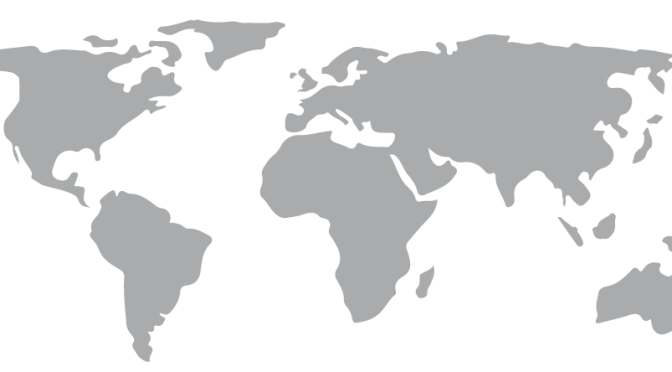In the last couple of weeks, students were unlikely to run into any kind of media, electronic, print, or otherwise, without picking up at least the smallest morsel of a detail about the popular uprisings in the north African nations of Tunisia and Egypt.
With the distractions, duties, and commitments that follow from being an American college student, it is too easy to dismiss these faraway, international news items as just that: narratives so far removed from our lives that we can tune in and tune out at will.
The editorial does not seek to feed you, the discerning reader, a stance on the nature of these events or a detailed geopolitical analysis you can lap up and then feed to other people when there is nothing else to talk about. No, the purpose is to make you aware of the unique and valuable opportunity you, the USF undergraduate, have as these history-making movements unfold in one of the most important and volatile regions on the planet.
The Foghorn recognizes that the current situation in the Middle East, with its possible long-lasing, far-reaching political, economic, social, and cultural effects, is historic; national leaders who have accumulated and solidified their power through force and fiat and who have enjoyed virtually unchecked authority for decades are being called to answer for their leadership, or lack thereof.
We recognize that people will disagree on what these events mean, whether they represent the best interests of the United Sates, of China, of Argentina, etc. etc., whether this will finally precipitate peace and stability in the region or an intensification of conflict, whether these events are a victory or a setback to human rights, whether the international community should respond in this way or that way or even at all.
Inevitably, people will form their own opinions (and then clash, nonviolently, we hope) on this matter. What we advocate as journalists, whose essential task is to foster a long-running conversation for the truth, is for you, the student, to invest yourself in this noteworthy event in history.
Ask yourself, how do these events alter the world I will enter into after graduation? How can I shape that world into a vision for jsutice and positive change?
While obviously not all can effect change by visiting the sites of these demonstrations, one can form an opinion. One can know what is going on in the world. Be creative and seek solutions to these and other problems. Apply what you learn in school to the issues you feel compelled to take on . As citizens who are being prepared to engage, in our own inimitable, individual fashions, the world around us, the Egyptian and Tunisian uprisings should capture our attention as global citizens and invite us to constructively use our power as educated individuals for good.
So instead of tuning out to a distant news piece, use your USF education as best you can to make sense of this and frankly any issue that will transofrm the world you will one day engage in. Then do something about it. What is happening now in Cairo and Tunis is a perfect way to exercise your cultivated sense of global stewardship and social responsibility, however that sense may manifest itself.
Editor-in-Chief: Heather Spellacy
Chief Copy-Editor: Natalie Cappetta
Opinion Editor: Vicente Patino


